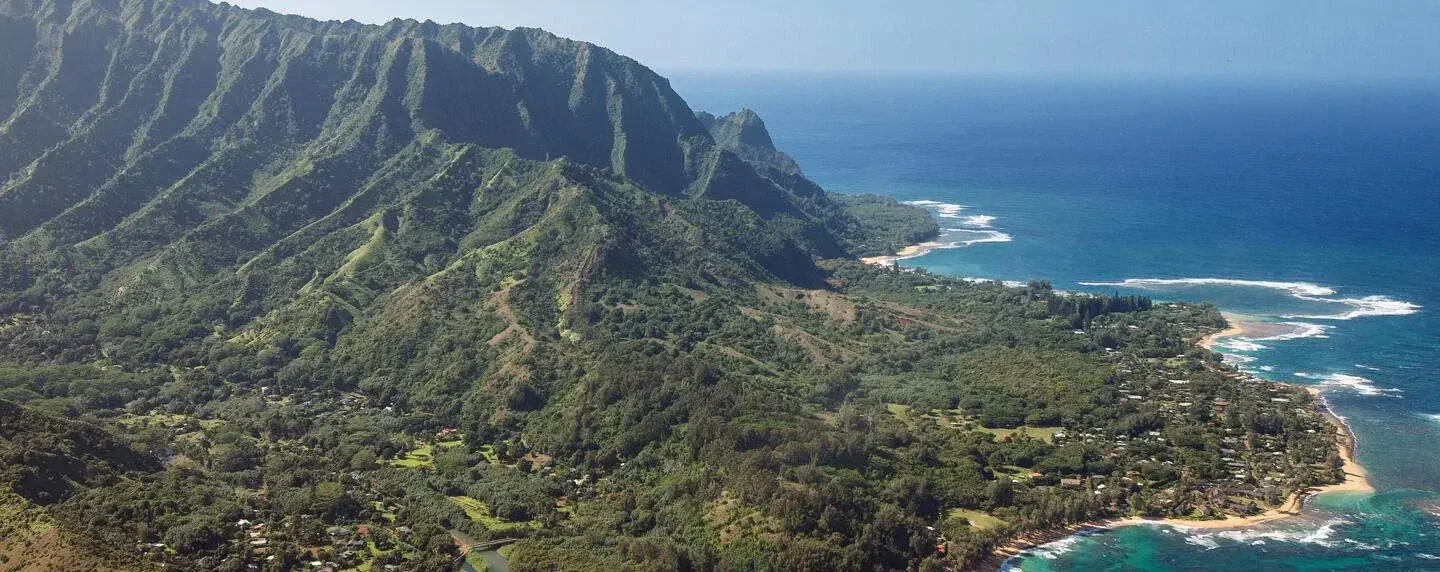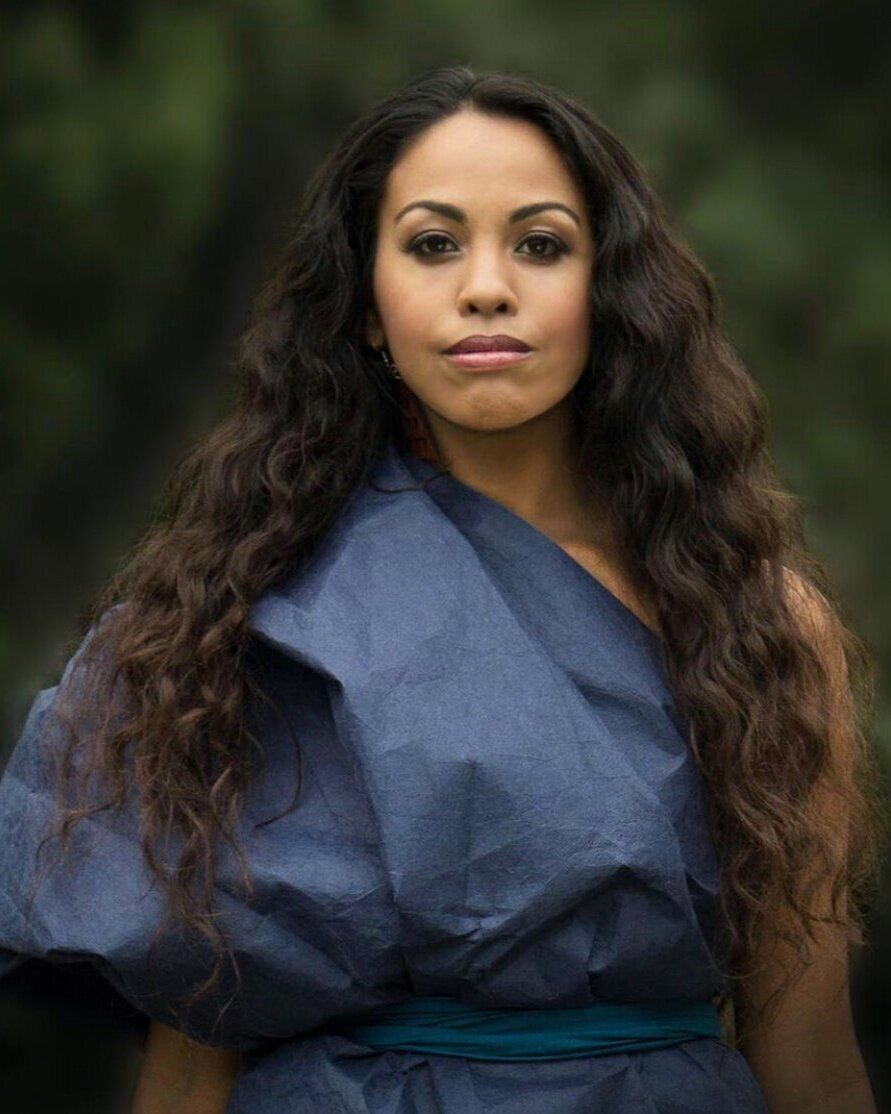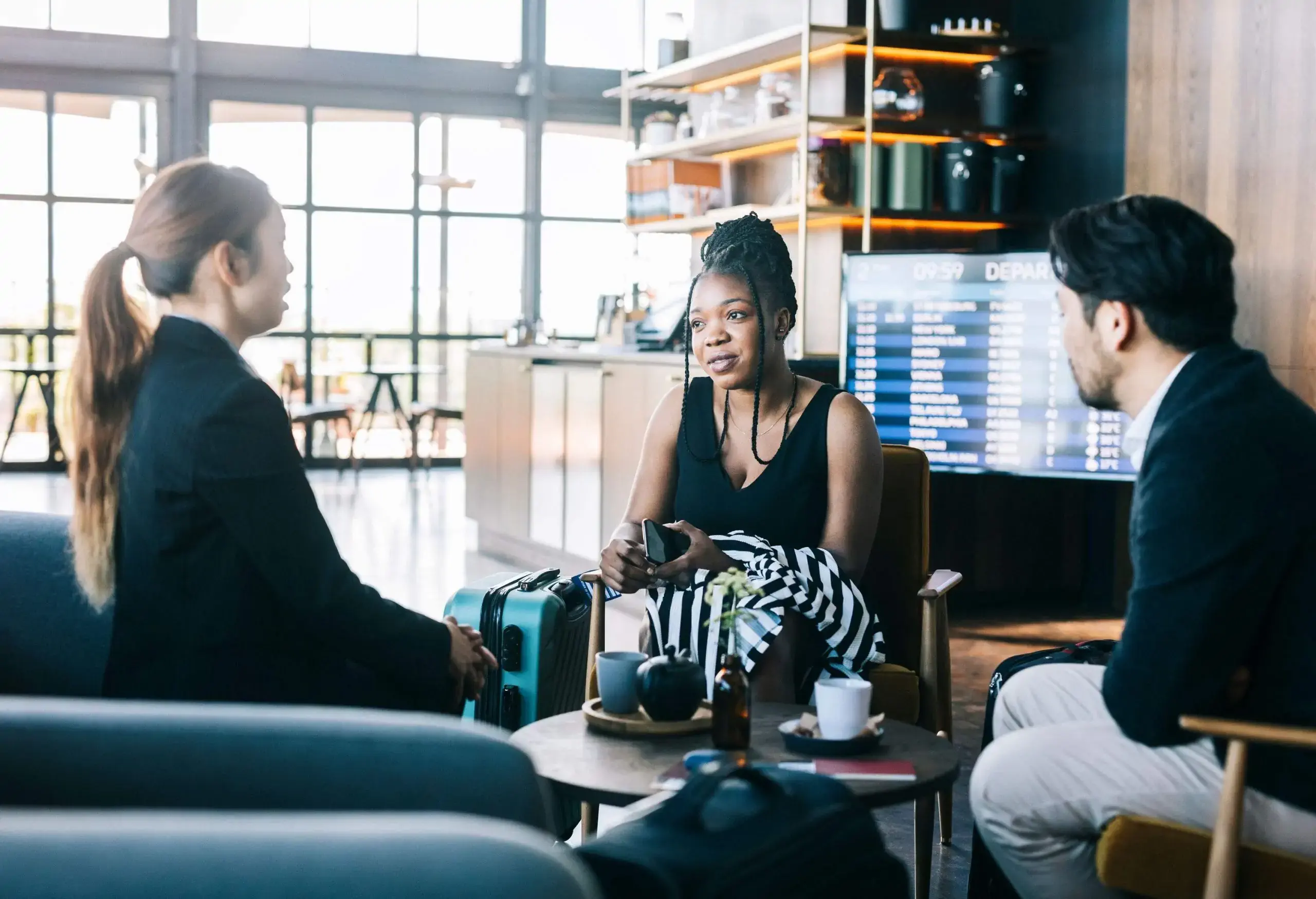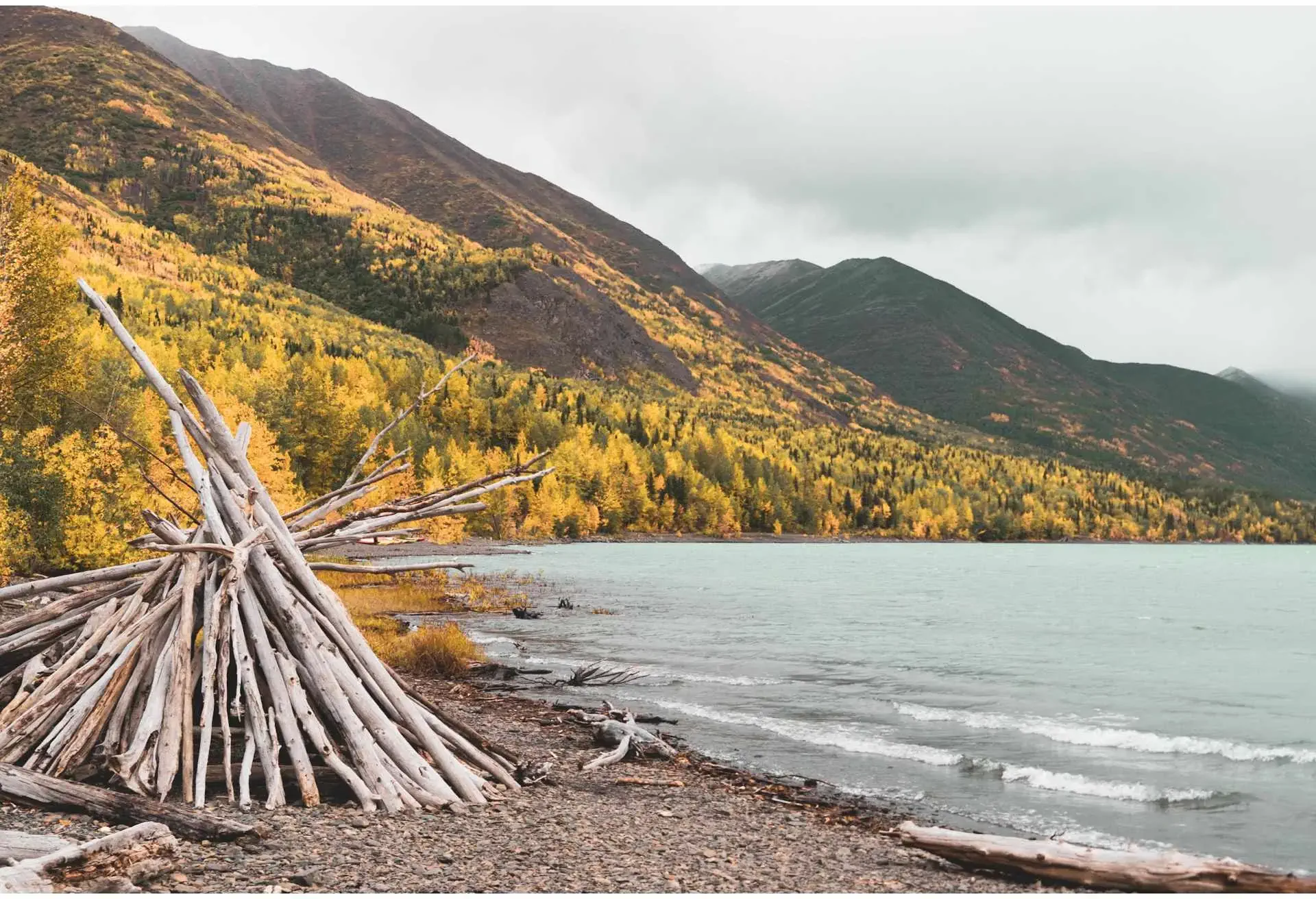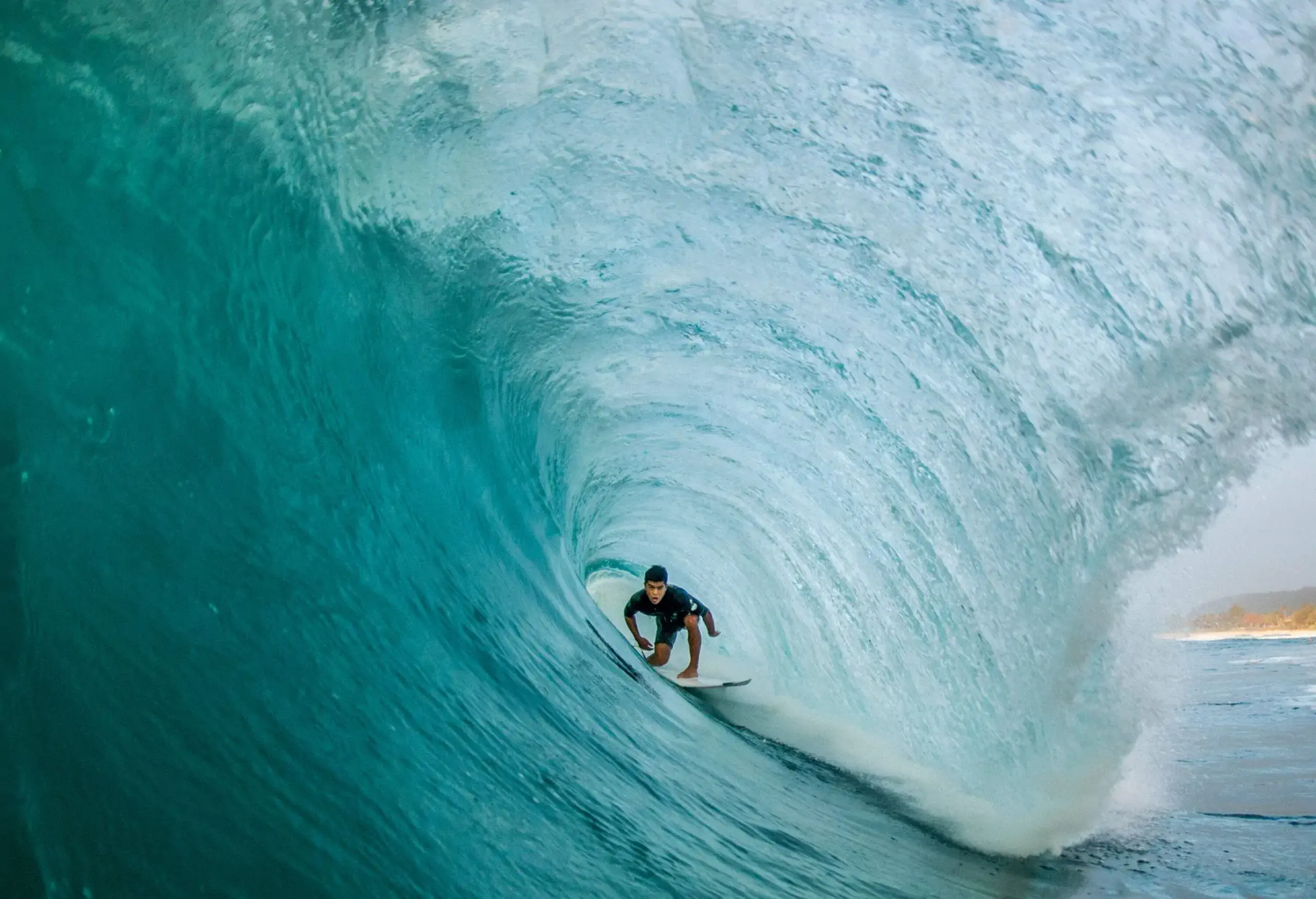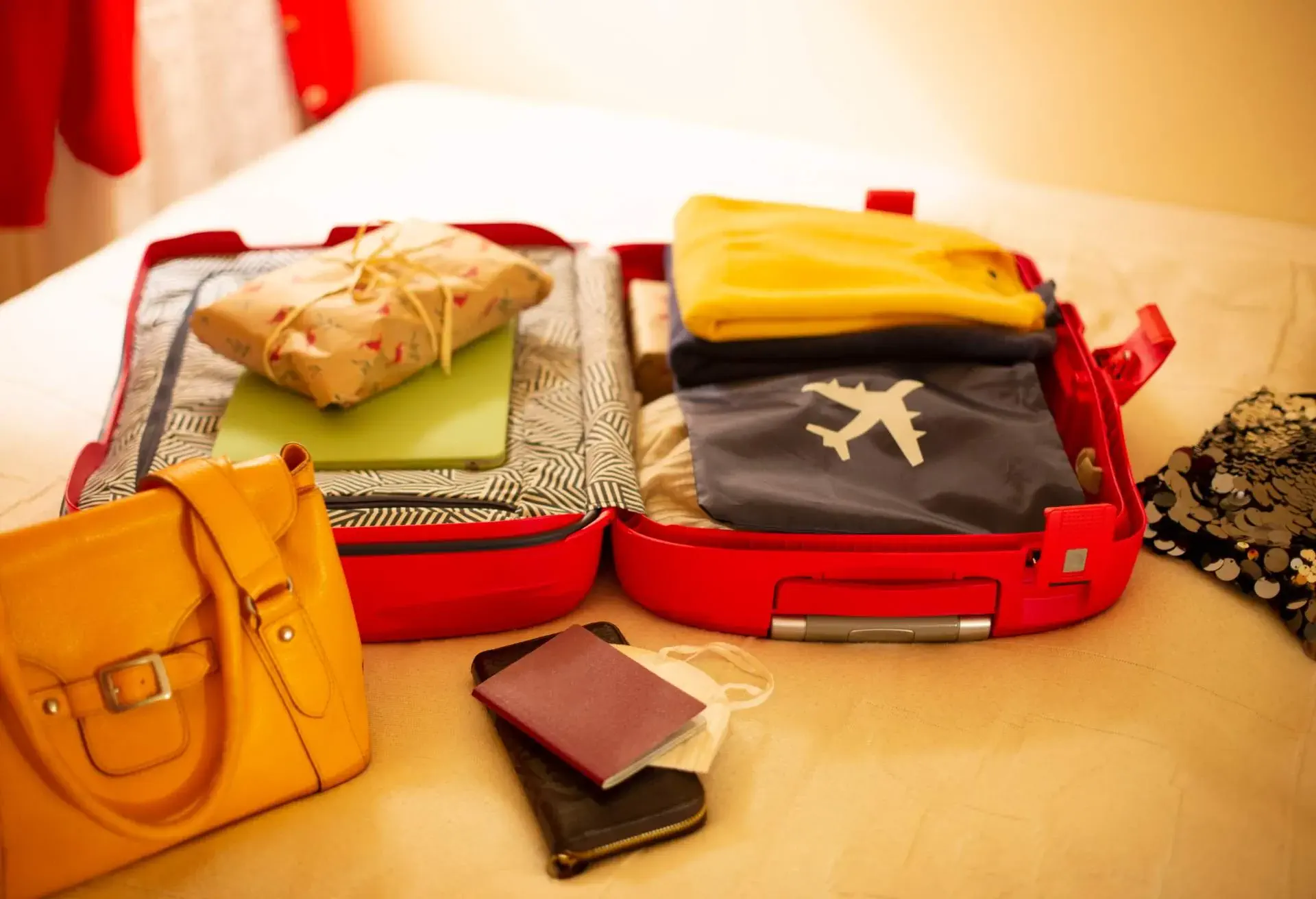Our Community Voices stories, op-eds and opinion posts are written by people with something interesting to say about travel. We aim to provide a diversity of voices and perspectives to help us grow and learn as a community of travelers.
In our language we ask, ʻʻO wai ʻoe, who are you?” with the word, wai (water), because the waterways that feed you tell us of the mountains and rivers you come from. It tells us of the land that has raised you. And hopefully of the person you have chosen to become because of it.
Our genealogy as Kānaka ʻŌiwi (Hawaiian people), connect us to the sky father, Wākea, and the Earth Mother, Papahānaumoku. Our connection and relationship to this land is lineal and we are a living people, on a living land, with a living culture. So it is from a place of knowing who I am and where I come from that I ask you…
Who are you?
What is the name of your ancestral mountain?
What is the name of your ancestral river?
Do you know the stories of the land and people you come from?
If you do not live on your ancestral homelands and you do not know these names or these stories, I invite you to look, to learn, and to connect to what you can. Having a deep connection and respect for the place that raised you deepens your awareness of your presence and impacts in places that you journey to.
Advice on How to be a Respectful Traveler in Hawaiʻi
I invite you to see your actions, mindfulness, and your respect for Hawaiʻi as a part of your offerings to the land that will sustain you while you are here. It is important to know that when you arrive on our shores, you are a guest and that the vacation paradise that millions of people come here to see and experience is our home, the place of our ancestors, and future generations.
I invite you to pause and take a moment to get a glimpse into our history as Kānaka ʻŌiwi people in Hawaiʻi at https://www.gohawaii.com/hawaiian-culture/history.
Hiki – What to do
- Please always lead in your travels with an open listening and learning mindset. Talking with Kānaka ʻŌiwi about key issues impacting our communities is an essential way to build empathy and understanding of our history, culture, and key issues. It is your responsibility to learn and to care about the land and people of every place that you travel to.
- Please be a good visitor and a good ally by treating our ʻāina (land) and people with intentional care and respect. Once you drink of our waters and eat of our food, you become accountable to this place and to the people who live here.
- Be mindful about your impacts because everything here is interconnected from mountain to sea. Hawaiʻi is the most isolated populated land base on this planet and is known as the ʻEndangered Species Capital of the World’. Understand that all of the elemental cycles and living beings have a relationship to one another and are vital to the health and wellbeing of our archipelago. Leave No Trace practices are a great place to get started with learning how to protect the environments you travel in.
- Spend your money with purpose and support Kānaka ʻŌiwi and Locally owned businesses. Visit kuhikuhi.com for a detailed directory.
- Treat all service and entertainment people with respect and dignity and center their humanity when interacting with them. Be mindful of your words, any sense of entitlement you may carry, and be conscious of the privilege you hold in the world in every space you are present in.
- Be mindful of the filming and photography rules of the establishments you are a guest in and ask the permission of the entertainers if wanting personal photos with them after the performances. Be sure you have their full consent.
- Tip generously. Offer 20% tip or higher at every restaurant establishment you go to. Offer tips to musicians and dancers during and or after their performances. Be sure to tip airport and hotel service people, maintenance, and housekeepers.
- Makaʻala- be aware, vigilant and alert of your actions. Clean and scrape off your shoes if you are going into sensitive environments that could potentially be adversely impacted by the introduction of new species i.e. hikes in the uplands. It is important to remember that your awareness is part of the protection of our ecosystem and your respect is a part of the protection of the ancestral cultural sites and spaces we have left. Be careful not to veer off of the trails especially if you are not an experienced avid hiker. Be careful not to swim in the strong currents of the ocean if you are not a strong swimmer.
Leave every place you go better than you found it.
ʻAʻole Hiki – What not to do
- Do not go where you do not have permission to be i.e entering and walking onto sacred cultural sites such as Heiau Temples (ceremonial stone structures that typically have informational signs in the surrounding area). Do not tag places that you hear about by word of mouth that are not known to the general public on social media. There are reasons why these places are kept off of the internet as much as possible. If you are unsure about visiting a cultural site, it is probably best to not go there without more information. Inquire with culture bearers, experts, and park guides about how to respectfully enter into cultural sites and what the appropriate behavior is in those areas.
- Do not take any rocks and do not touch or get near to the resting monk seals, sea turtles, or any other wildlife.
- Do not fly here if you have tested positive for Covid-19 within 10 days of your departure flight. Make sure you test negative before coming here and before you leave. Our people’s history with epidemics is deeply devastating. 95% of our population was decimated by introduced diseases and viruses. Please be aware, cautious, mindful, considerate of your presence here by respecting establishments that still require masks. If you begin to feel ill or are experiencing any of the symptoms while here, be responsible and get a home test or PCR test done immediately.
- Do not move here, buy vacation homes, or investment properties. The average median price for a single family home on Oʻahu has just reached the $1 million dollar mark. Our people are being priced out of our own ancestral homelands. Hawaiian wages are 7% below the continent average and our minimum wage is $7.25 while Hawaiʻi still remains the most expensive state to live in.
It is important to know that although Hawaiʻi appears to be a tourist destination paradise, our people and community continue to face the pain, trauma, violence, and oppression of the current occupying settler state and everything that comes with a governing system that is not set up to protect us, our birthright to our own land, and our cultural practices.
Our culture continues to be commodified worldwide and we, as a people, are continuously romanticized, sensualized, and exoticized while being treated as minorities in our own islands. So please, have respect for all of the people that continue to make a living working in the tourism, entertainment, and service industries here. We do not exist to entertain. We are not limited to or defined by the degrading stereotypes that people of the outside world have made us out to be. So please, do not judge those of us who are still trying to find our way and survive.
After every attempt colonization has made to silence us, assimilate us, steal and sell our ʻāina (land), ban our language, and traditional ways – we are still standing up, showing up, and speaking up for the rights of our land and people. We are still rising, healing, restoring, and reconnecting.
This is why it is imperative for all travelers to understand the importance of our history and of our living and thriving people and culture. It is so deeply important to support Kānaka ʻŌiwi and to stand up for us as allies while traveling in Hawaii and continue to advocate for us as you return back to where you came from.
From my mountain to your mountain
From my river to your river
From my ancestors to your ancestors
From my heart to your heart
Alohanuiākea
na Hāwane Rios
Kiaʻi Aloha ʻĀina
Kailua Kona, Hawaiʻi Kuauli
La 5 o Iune 2022
Aloha & Mahalo
Hāwane Rios is a kanaka ‘oiwi (native Hawaiian) singer and songwriter from Waimea, Hawaii. She was raised from an early age in the traditional art forms of chant and dance which inspired her passion for music and songwriting. She believes that music is a powerful catalyst for change and is moved to write and sing songs with a healing and unifying message. The music she shares reflects her deep love and commitment to Mauna Kea and honors the solidarity that the mountain has bridged with many other movements around the world that are centered on protecting the rights of this beautiful earth. You can learn more about her work at hawanerios.com or follow her on social at @hawanemusic.
The views and opinions expressed herein are those of the author(s) and do not necessarily reflect the views and opinions of KAYAK Software Corporation, its subsidiaries, and their respective parent companies or affiliate companies.

